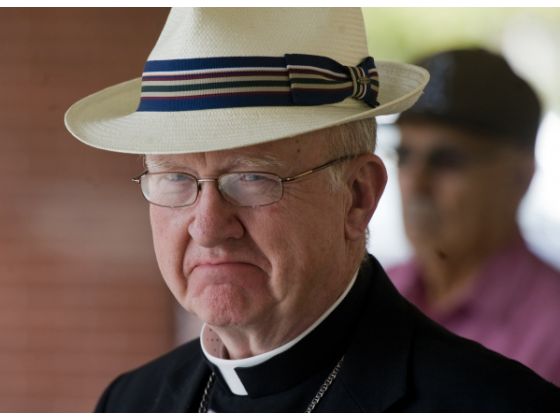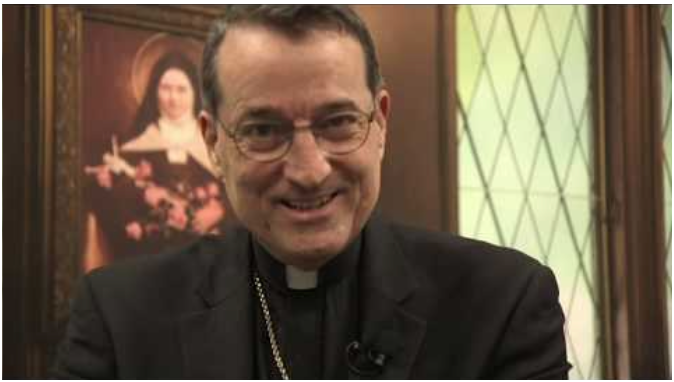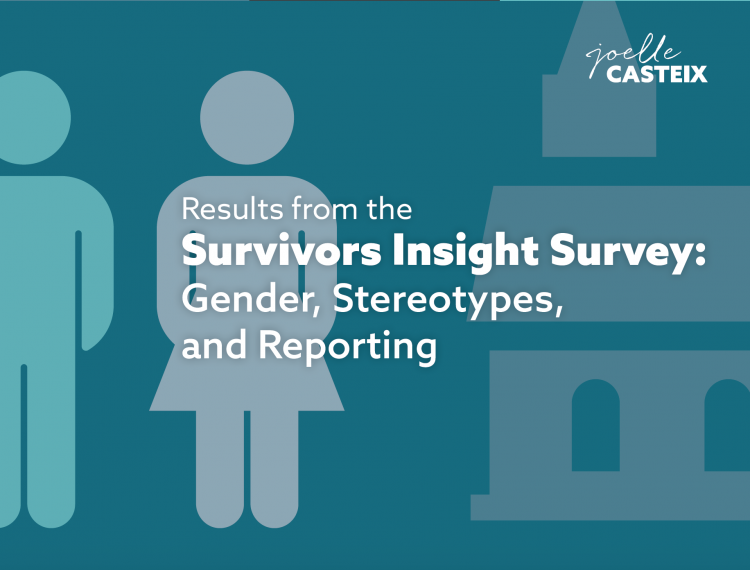PLEASE LISTEN, SUBSCRIBE, AND SHARE! You asked. I answered. The PODCAST is finally here. Join me at the SpotTheLine table of experts as we talk about Andrew Cuomo, the fascinating history of Sexual Assault Awareness Month, and abuse and assault prevention. Two episodes and a preview are up, everywhere you get your podcasts.




